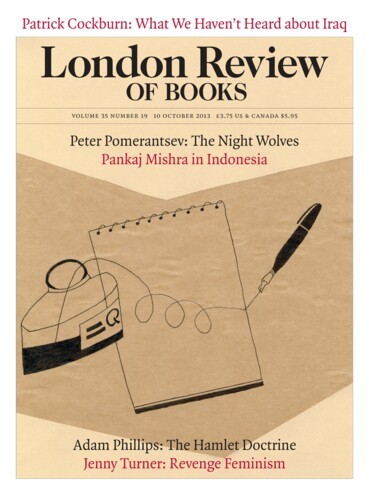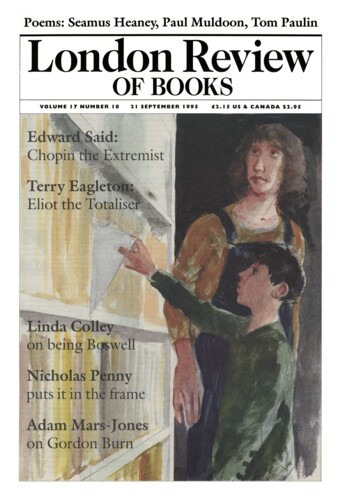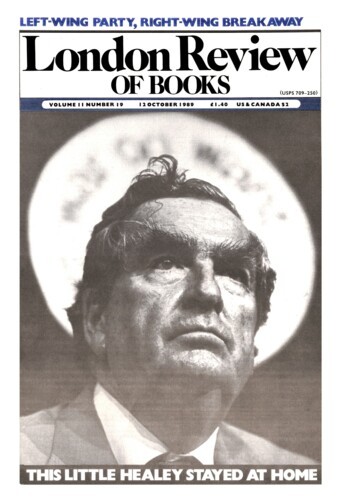Albert Speer, Hitler’s pet architect and wartime armaments supremo, has always been regarded differently from the rest of Hitler’s henchmen. The ragbag of embittered veterans and political terrorists, shadows of Hitler himself, had little in common with the respectable and prosperous Speer, too young to have fought in the First World War, too fastidious and bourgeois for street-brawl politics. After 1945 Speer played the part of the corrupted technocrat, the unpolitical expert blinded by Hitler’s light until it faded in the last year of war. At the Nuremberg Trials he was the clever corporate manager made to take the rap for the directors’ indiscretions. He fell into the role superbly: yes, he did accept his responsibility for aiding what he now saw as an evil cause; no, he was not a warmonger, a murderer or a racist. The Allied judges believed him, just. He was not hanged. He got twenty years in Spandau.
Albert Speer, Hitler’s pet architect and wartime armaments supremo, has always been regarded differently from the rest of Hitler’s henchmen. The ragbag of embittered veterans and...



